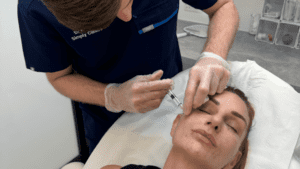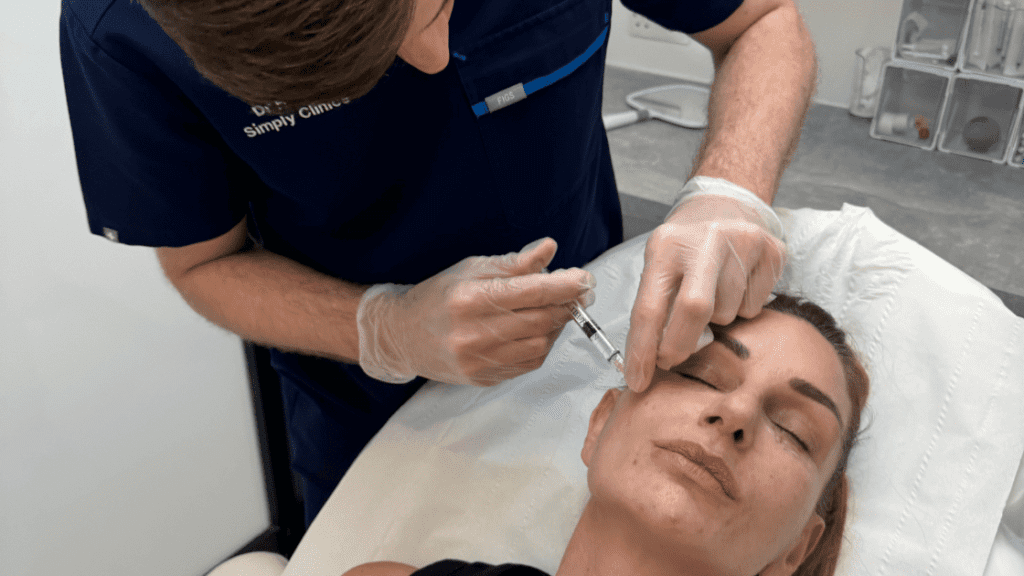Injectable polynucleotides are the latest innovation in skin rejuvenation, offering a natural way to repair and revitalise the skin. Whether you’re looking to reduce fine lines, improve hydration, or boost collagen production, polynucleotides provide a long-term solution for healthier, more youthful skin. In this blog, we’ll answer some of the most common questions about injectable polynucleotides, helping you understand how they work, what to expect, and whether this treatment is right for you.

How Do Polynucleotides Work When Injected Into the Skin?
When injected, polynucleotides stimulate collagen production, improve skin hydration, and promote cell regeneration. This helps enhance skin elasticity, texture, and overall health, leading to a smoother, more youthful appearance over time.
Am I Suitable For Polynucleotide Treatment?
Polynucleotide treatment is suitable for most adults looking to improve skin quality, particularly for those experiencing early signs of ageing, fine lines, or dehydrated skin. However, a consultation is necessary to determine suitability based on your skin type, age, and treatment goals.
Why Does the Cost of Polynucleotide Treatment Vary Between Different Clinics?
Costs can vary based on factors such as the clinic’s location, the expertise of the practitioner, the specific brand or type of polynucleotides used, and whether additional services like aftercare are included in the treatment package.
How long do the effects of polynucleotide treatments last?
The effects of polynucleotide treatments typically last around 6-12 months, depending on individual skin type, age, and lifestyle factors. Regular maintenance treatments are recommended to sustain optimal results.
How long will it take to see results, and how often do I have to have treatment?
Follow Simply Clinics on Instagram
Follow Simply Clinics on TikTok
Back







